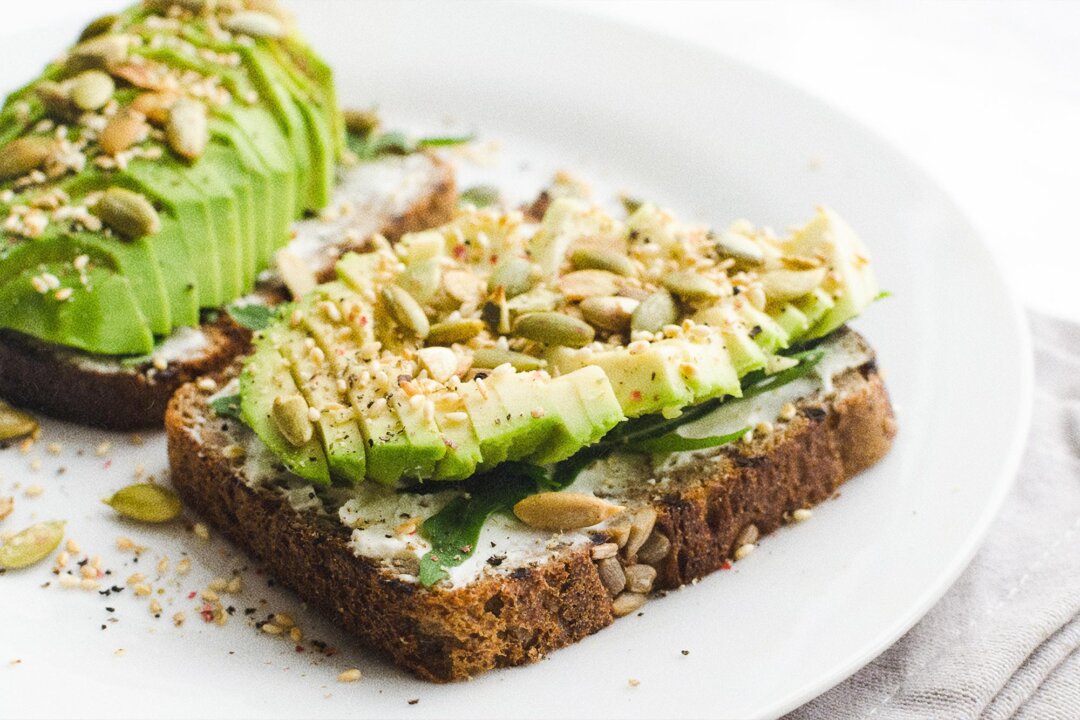Dermatologist reveals mistake desk-bound Britons are making every day that will make you age faster READ MORE: Switching off popular feature on your phone can reverse ageing by 10 YEARS By JADA BAS Published: 11:18, 25 April 2025 | Updated: 11:19, 25 April 2025 e-mail View comments A top skin doctor has told of the surprising cosmetic hack she swears by to ward off fine lines and wrinkles — wearing sunscreen at her desk. Dr Tanja Phillips, aesthetic medicine specialist at the Candover Clinic, said this protects against long-term damage from the blue light emitted from the screen. Blue light, known medically as high-energy visible (HEV) light, comes from the sun, as well as smartphones, tablets and the computer screen.
While this type of light is not known to carry the cancer risk of other rays, like UVB and UVA, it can lead to significant skin damage. The high energy beams can penetrate the lower levels of the skin, impairing the natural barrier that protects against harmful toxins. It is also thought that HEV cause skin cells to break down and produce chemicals that destroy collagen and elastin — which are responsible for keeping skin supple and taught.

Studies have also shown that HEV can trigger hyperpigmentation — when dark spots and circles form on the skin. Dr Phillips told the Guardian : 'Even if I’m inside without any windows, if I am using a computer screen, I will wear an SPF to protect from HEV rays (blue light), which contribute to overall skin damage. Your computer screen emits High-Energy Visible (HEV) rays (blue light), which can damage your skin, says dermatologist Dr Tanja Phillips The light from your office screen can cause oxidative stress and damage collagen and skin elasticity, leading to wrinkles and other signs of ageing 'When choosing an SPF it should protect against UVA, UVB and HEV rays.
' The most well-known type of damaging sun rays are UVA and UBV. UVB rays hit the outer layer of the skin (the epidermis) and cause the most sunburn, while UVA rays penetrate much deeper and contribute to ageing. Unlike HEV, both UVA and UVB are ultraviolet, which is known to cause skin cancer.
A shocking 90 per cent of skin cancer cases in the UK are a direct result of too much exposure to the sun and sunbeds, according to Cancer Research . Researchers have projected a record high of 20,800 cases last year and there has been a seven per cent rise in the deadly disease in UK adults aged 25-49. Meanwhile, those over the age of 80 have seen a rise of 57 per cent over the past decade.
Despite increasing awareness of the disease, 45 per cent of people in the UK don’t wear SPF every day, according to an independent YouGov survey . Bianca Knight, 29, from Surrey, was horrified to learn how damaged her skin was after years of working in front of computer screens and using her mobile phone She took a a Brown Scale Surface Pigmentation Test, which revealed how badly damaged her skin was below the surface (left). A month later, Ms Knight underwent another test and saw her skin appeared to have substantially improved thanks to a peel and daily use of SPF Read More Expert warns of 6 early signs of deadliest skin cancer everyone MUST know.
..but too few people do SPF 30 is the bare minimum for adequate protection and you should be using between a quarter to half teaspoon for the face, neck and décolletage, according to Dr Ifeoma Ejikeme, founder of Adonia Medical Clinic.
The harms of HEV light have only been discovered relatively recently. One woman who was shocked to discover the effects the rays have had on her skin was Bianca Knight, who was 29 when she took a a Brown Scale Surface Pigmentation Test, which revealed how badly damaged her skin was below the surface. 'Previously I'd always loved being brown and having freckles and used to use sunbeds regularly,' she said.
'I was horrified to discover the extent of damage to not only the outer layers of the skin, as would be expected from UV light, but also from the lower layers of the skin from the HEV Light. She added: 'People don't realise that everyday things like using your phone and watching TV or working on the computer omits HEV Light which is extremely ageing on the skin. 'Ideally you want the test to show pale, even coverage but mine was covered in dark circles and patches showing where my skin was damaged.
' Blue light has a longer wavelength than UVA and UVB light, so it can penetrate skin more deeply and damage the cells’ DNA and the collagen and elastin that keep skin firm and supple. If the damage carries on long enough, it results in wrinkles. Ms Knight did a peel treatment to shed a layer of her skin like a snake in order to restore it to optimum health.
And wearing SPF everyday which also has HEV protection saw her skin to have substantially improved when she took another test a month later. Share or comment on this article: Dermatologist reveals mistake desk-bound Britons are making every day that will make you age faster e-mail Add comment Comments 0 Share what you think No comments have so far been submitted. Why not be the first to send us your thoughts, or debate this issue live on our message boards.
Add your comment Enter your comment By posting your comment you agree to our house rules . Submit Comment Clear Close Do you want to automatically post your MailOnline comments to your Facebook Timeline? Your comment will be posted to MailOnline as usual. No Yes Close Do you want to automatically post your MailOnline comments to your Facebook Timeline? Your comment will be posted to MailOnline as usual We will automatically post your comment and a link to the news story to your Facebook timeline at the same time it is posted on MailOnline.
To do this we will link your MailOnline account with your Facebook account. We’ll ask you to confirm this for your first post to Facebook. You can choose on each post whether you would like it to be posted to Facebook.
Your details from Facebook will be used to provide you with tailored content, marketing and ads in line with our Privacy Policy ..
Health

Dermatologist reveals mistake desk-bound Britons are making every day that will make you age faster

This one mistake that desk-bound people in the UK are making everyday could make you age much faster, a dermatologist has revealed.















